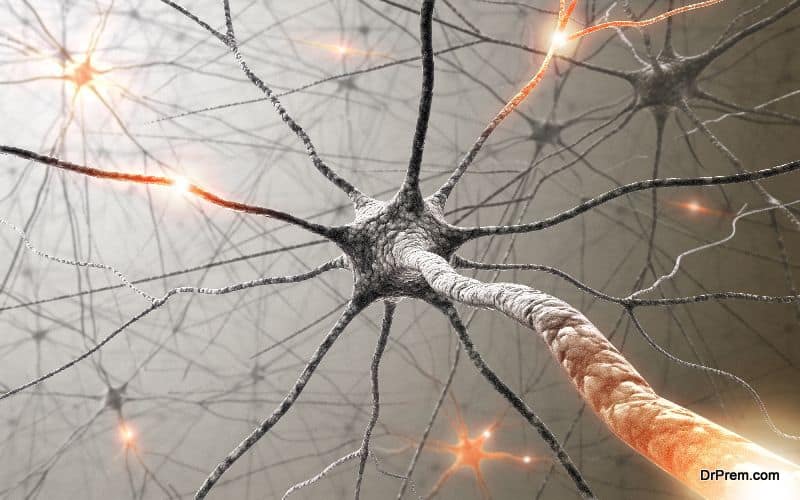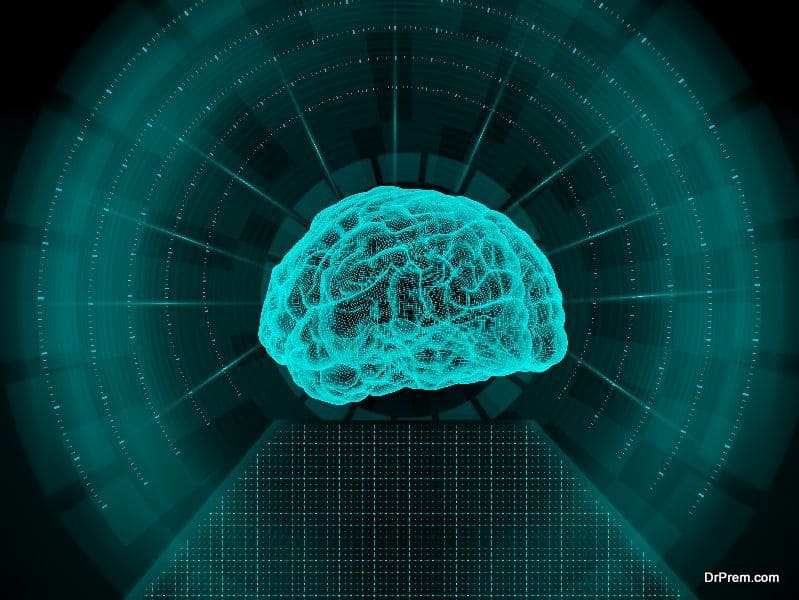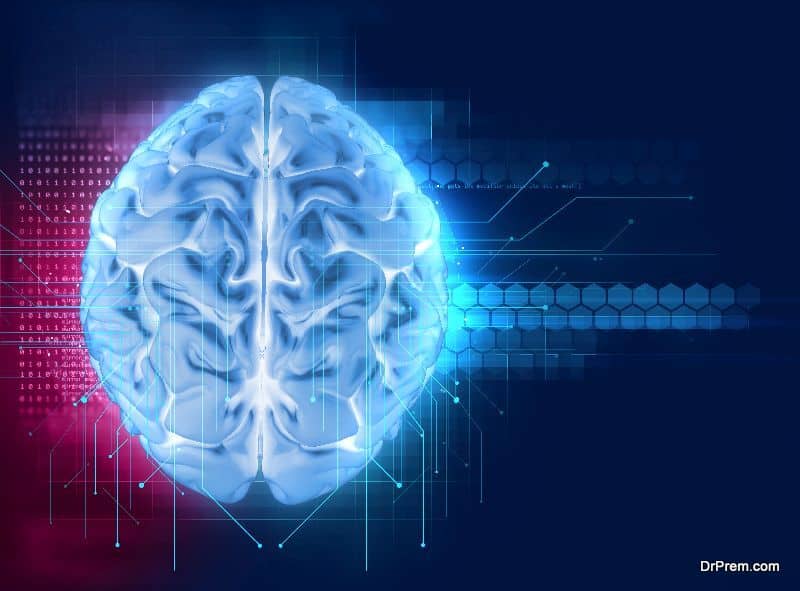Can Artificial Intelligence (AI) be the psychiatrist of the future? A recent study reveals that it has the ability to identify people having suicidal tendencies. About 800,000 suicide cases are reported every year across the globe. Suicide is also the second leading cause of death among young adults aged between 15-29 years.
The US alone accounts for 44, 193 suicidal deaths every year which can be considered equivalent to 121 suicides per day! The country’s emergency departments attend thousands of people with self-inflicted injuries on a regular basis. Amidst this grim situation, advanced technological intervention with AI can not only save millions of lives but also helps them to get back to the right track.
AI cannot describe the exact thoughts of a person but can identify the trends of mental patients harboring depression with a high inclination towards suicide. The AI scan checks the brain’s response and can guess whether the person is planning for suicide or not.
Revealing the unrevealed- the best way for effective treatment:
About 80% of people dying from suicide never reveal their suicidal thoughts while visiting the psychiatrist’s clinic and later they throw unexpected surprises by killing themselves. This novel thought-reading technique can even identify those who have previously attempted suicide and those who haven’t from a group having suicidal tendencies!
The AI scan would aid the physicians well in advance about the mental status of the patient giving them opportunities to prevent a fatal outcome. It has been a long search for a reliable thought predictor, which could be at last discovered through AI implementation.
AI helps in identifying distinct brain activity patterns:
It is a combined procedure involving neural imaging (through fMRI scan) and machine learning. Brain activity patterns of people nurturing suicidal thoughts differ from the normal ones. This unique AI-driven brain imaging method has been devised by the researchers of Carnegie Mellon University (CMU) and the University of Pittsburg.
Detecting brain activity with fMRI scan:
The researchers conducted this study among selected 34 participants. 17 of them were inclined to suicide and 17 showed controlled behaviors. Each of the participants was handed out three lists containing 10 words per list.
One list contained positive words like good, carefree and praise. Negative words like evil, cruelty were included in the second list. The third one contained words like distress, death, hopeless etc.
All the participants were put under fMRI scan while they were studying the lists and their neural response was carefully monitored. Of all the words in the list, six were identified to activate five specific regions of the brain. They are death, cruelty, carefree, trouble, good and praise.
The participants’ neural response to these words opened a new avenue for psychological treatment which can be utilized to differentiate between persons with or without suicidal tendencies. These data were fed into a machine-learning algorithm. It was found that it could make the same differentiation with 91% accuracy.
Why this varying neural response?

This approach can also be called as explainable artificial intelligence, suggests Marcel Just of CMU, co-author of the study. This reveals an in-depth neural response based on the types of emotions evoked while being tested through discriminating words.
For the participants with suicidal thoughts, the ‘death’ concept evoked more sadness or shame. This additional revelation may open up alternate routes of treatment where the emotional response can be altered on certain concepts.
Can machine-learning be the future suicide predictor?
A small clinical trial may not confirm everything but this unique technique seems to be highly promising to figure out people with suicidal tendencies. It is imperative to carry out further clinical trials involving a larger group.
If the results turn out to be positive, clinicians would be gifted with a new tool to identify and monitor the distorted thoughts and intervene timely to save precious lives. People giving up hope for life may find the world a better place.








